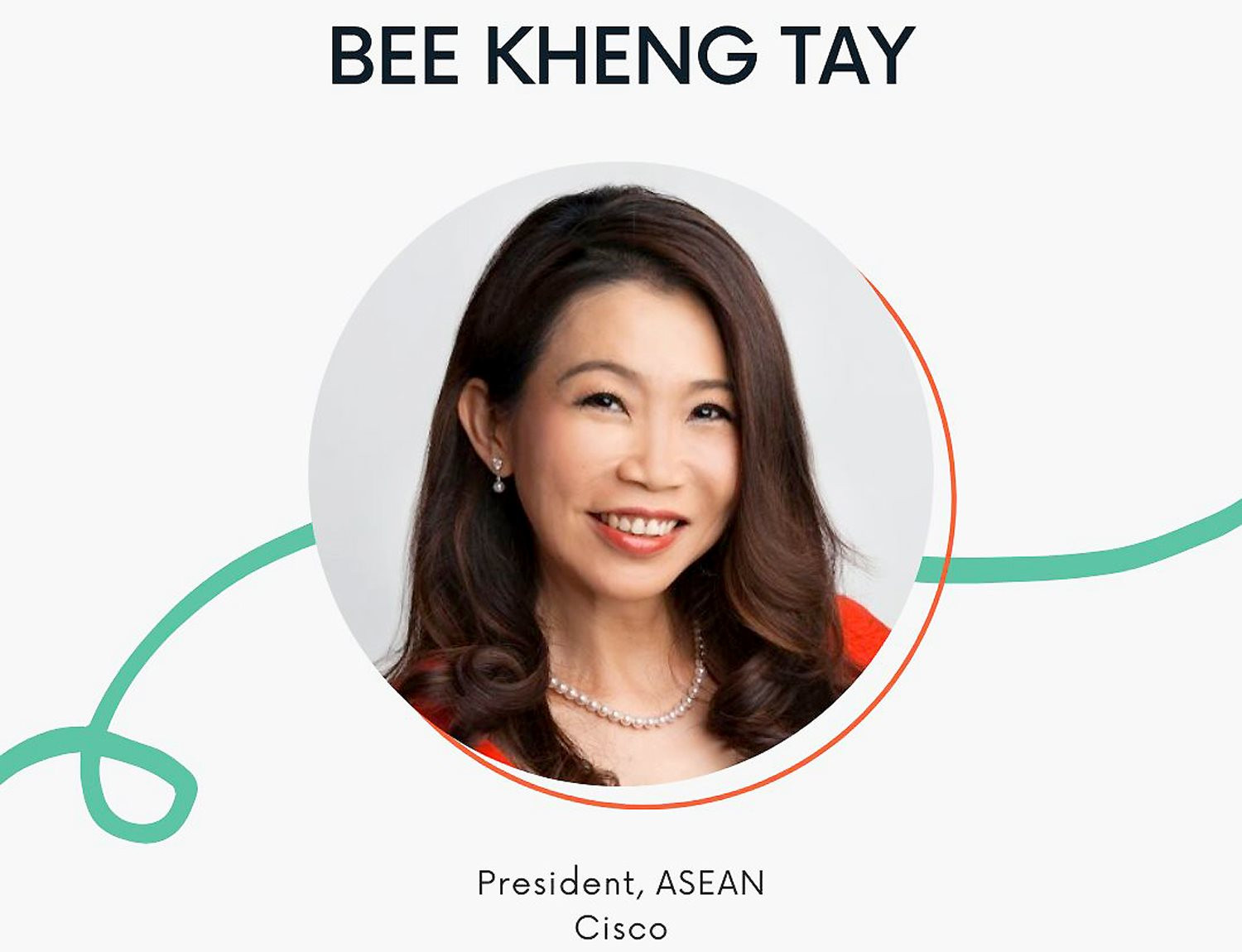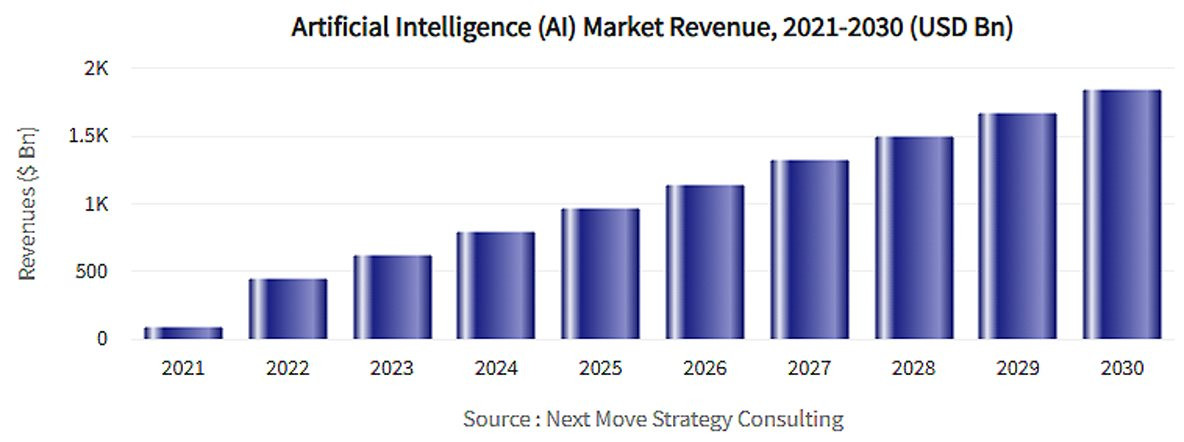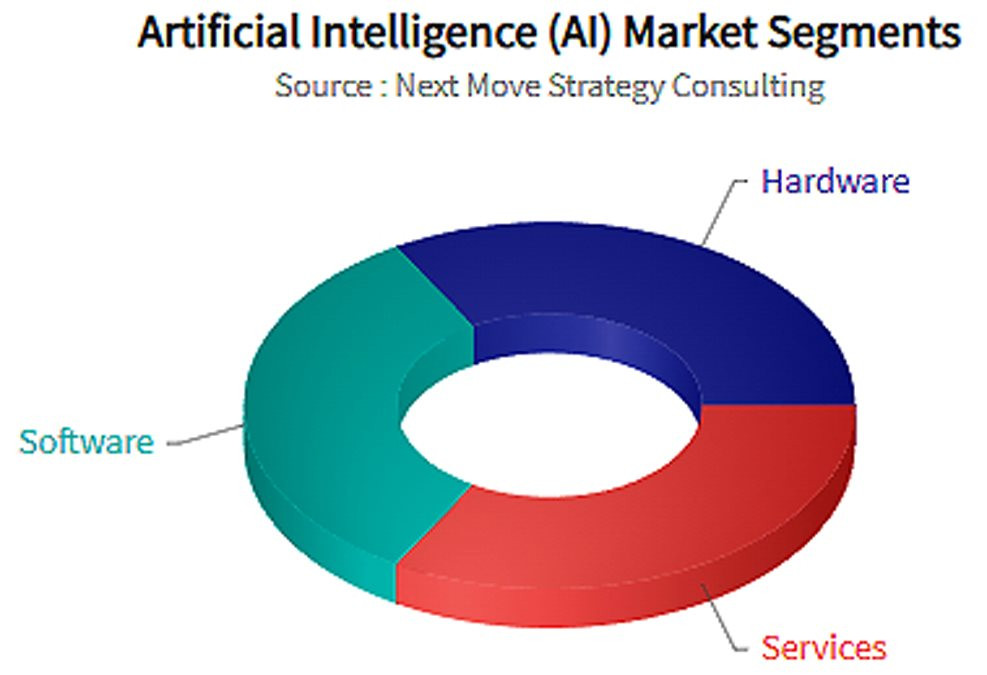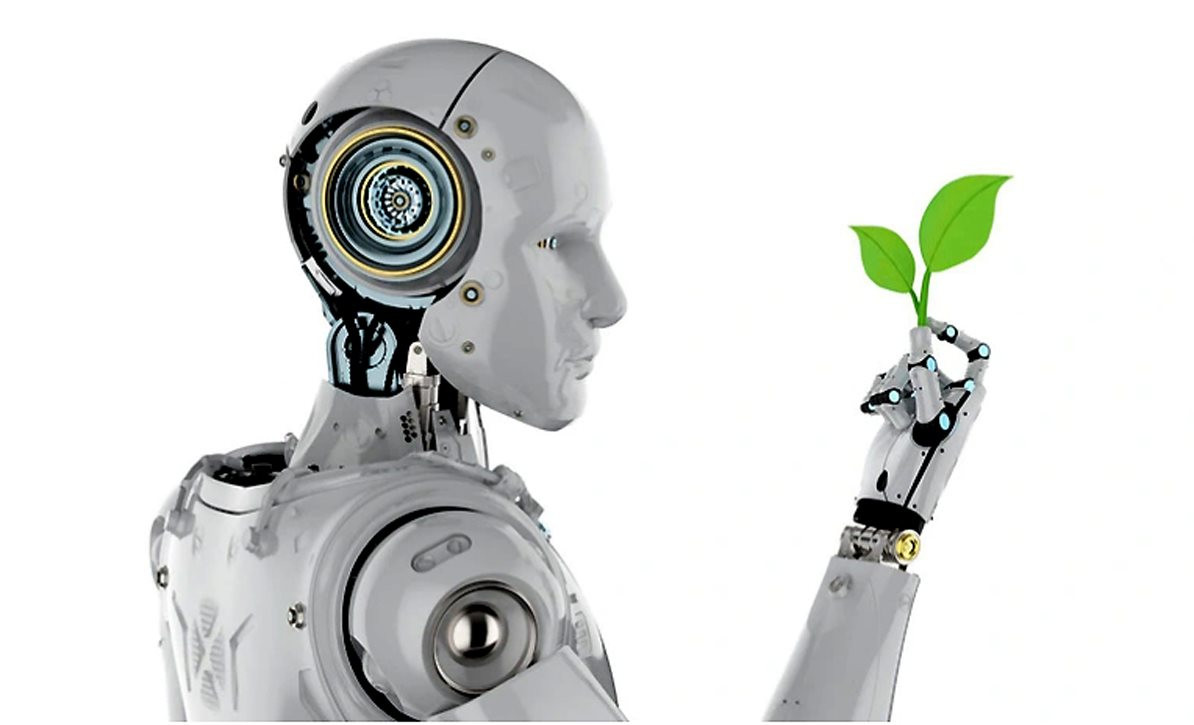Artificial Intelligence (AI) is increasingly asserting its special importance in every field of business, production, and daily life. It has become an indispensable technology in the digital economy and the era of digital society.
AI is growing rapidly like the legendary hero “Thánh Gióng”.
One thing for certain is that the remarkable advances of Artificial Intelligence (AI) have truly shaped the year 2023. Over the past decade, AI has become increasingly prevalent and applied more widely.
Ms. Bee Kheng Tay, ASEAN Regional Head of Cisco, affirms, “The development of AI is a reality, but much of it is not visible. Nevertheless, the newfound capabilities of AI are attracting more attention, thanks to the widespread adoption of Generative AI tools. And this trend is expected to continue accelerating in 2024.”
 Ms. Bee Kheng Tay, President in charge of the ASEAN region at Cisco.
Ms. Bee Kheng Tay, President in charge of the ASEAN region at Cisco.Here are some forecasts from Ms. Bee Kheng Tay regarding significant business and technology trends that could pave the way for a new chapter for businesses, while suggesting ways for enterprises to capitalize on these trends:
AI Asserts Its Irreplaceable Position
The AI industry is expected to grow from USD 95.06 billion to USD 1.8 trillion by 2030, anticipating it to be a major driving force for the global economy in the coming decade. However, companies are still not fully prepared to seize this opportunity.
Cisco’s first AI readiness index indicates that only 27% of organizations in Vietnam are fully prepared to deploy and leverage AI, with 84% acknowledging serious concerns about the impact of AI on their business operations if they remain passive in the next 12 months.

Positive signals indicate that embracing AI has become essential, and the majority of companies have taken initial steps. Almost all (99%) organizations report that their companies have initiated the deployment of AI-supported technologies in the past 6 months. 99% of organizations already have a strong AI strategy or are in the process of developing one.
However, significant gaps still exist between critical business pillars such as infrastructure, data, management, talent, and culture. For instance, ensuring that their data is truly ready for AI application, cultivating a robust workforce, and adapting management plans are challenges that need to be addressed.
As 2024 approaches, along with the upcoming wave of the next AI revolution, Vietnamese companies will likely face challenges in addressing AI issues within their organizations. This goes beyond the technological aspect and extends to human resources, where some employees are ready for AI, while others are not prepared to embrace the technology.

Ms. Bee Kheng Tay believes that “In 2024, Vietnamese businesses will need to find ways to effectively integrate AI into their organizational machinery, while leveraging emerging market trends that impact the business landscape.”
The responsible and ethical use of AI begins with managing based on trust and transparency.
AI holds the promise of transformative benefits, but its application carries inherent risks, requiring organizations to have a ready framework of policies and rules to guide the ethical and responsible management of data and AI systems.
Although most organizations in Vietnam recognize the importance of AI governance, there are still many issues to address. Data privacy is a major risk, with only 35% of surveyed organizations stating that they have comprehensive AI policies and rules. Data bias is another concern, with less than a quarter (21%) of organizations lacking systems to detect data bias.

As the impact of AI continues to grow, legal frameworks will evolve, compelling companies to update relevant regulations both locally and internationally. Simultaneously, they will need to implement internal policies to promptly address privacy and data security issues, as well as use AI responsibly and ethically.
This includes deploying robust cybersecurity measures to scrutinize potential vulnerabilities caused by AI systems, as well as providing continuous training and skill enhancement to ensure employees are competent in handling risks. Companies developing AI applications will need to consider incorporating security, privacy, and reliability into the design processes throughout the entire innovation lifecycle, as well as in the application of AI in products, services, and business operations.
A New Era of Intuitive Network Infrastructure
As companies leverage emerging technologies like AI to enhance business efficiency, their digital infrastructure is playing a more critical role than they might think. Establishing a modern and intelligent network will become a crucial part of their development.
The ability to scale and integrate their network with the workload of AI or other emerging technologies may be the differentiating factor leading them to success in leveraging AI and innovation.
Companies will recognize the necessity of integrated security platforms that can provide real-time end-to-end visibility of the entire supply chain for their organization. This becomes especially crucial as cybersecurity becomes more complex in a multi-application and multi-cloud environment, and when employees work from various locations, connecting to multiple networks, and accessing information on various platforms.

At its core, the network will play a vital role in providing broad and deep visibility for all users, devices, or entities affecting the business. This enables the network to become the single point of control to detect and address security threats, as well as enforce security policies to prevent and streamline the necessary time to isolate identified threats.
2024 will be the year to make calculations and assess progress in climate action.
In the context of the record-breaking warmth trend in 2023, the urgent need is to limit temperature rise to no more than 1.5°C to avoid catastrophic climate changes. We are approaching this milestone, and the importance of public-private partnerships in creating a consistent and accurate way to measure progress at the national, sectoral, and global levels will become increasingly evident. Mandatory climate reporting requirements will be a contentious issue as regulatory authorities step in to turn plans into tangible results.
Companies will face pressure to make progress on the sustainable development journey as technology plays a crucial role in providing deep and comprehensive analytics from data centers to operational facilities. This helps them accurately measure emissions, thereby planning for smart buildings and intelligent workspaces.

Service providers will also be responsible for their sustainability goals by finding ways to increase capacity and expand infrastructure to enhance workload while reducing energy consumption.
Human adaptability remains at the core of the success of digital transformation efforts.
As companies in Vietnam continue their digitization journey, they must ensure that their workforce keeps pace with the growth rate.
While the technology industry continues to evolve, there is a high demand for recruitment but a shortage of skilled labor. This presents an opportunity for organizations to train technology experts ready for the future, equipped with the knowledge and skills needed to adapt to the evolving technological landscape. This is where skills-to-job programs like Cisco Networking Academy can help bridge the current technology talent gap.
The program has collaborated with higher education institutions to equip over 74,000 students in Vietnam with in-demand skills in the industry, such as cybersecurity, data science, and networking. The program also aims to train 6.7 million people in the Asia-Pacific region on digital skills and cybersecurity by 2032.
“In addition to nurturing a strong talent pool, organizations also need to ensure they build a purpose-driven and suitable cultural foundation. We have witnessed how this has helped groups connect with each other and with companies as they navigate in a complex macroeconomic environment, demonstrating the ability to adapt to an ever-changing world and the support of stakeholders,” added Ms. Bee Kheng Tay.

 Vi
Vi



